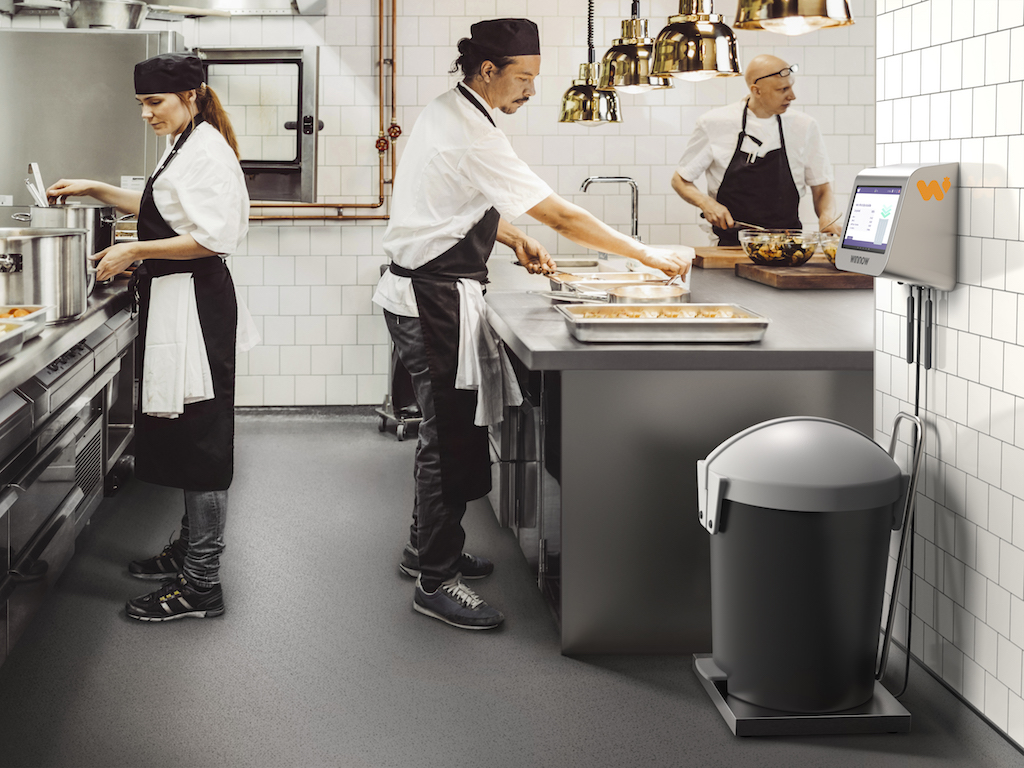2 Mins Read
United Kingdom-based startup Winnow, creator of a smart device to help commercial kitchens cut down on food waste, has just disclosed a Series B funding round of US$12 million. Since its inception, the company’s tool has helped to save over 23 million meals from being wasted and significantly reduced the carbon emissions output of major F&B businesses. Faced with a global food waste crisis, which contributes to many other problems including landfill waste, topsoil pollution and greenhouse gas emissions from resource wastage and incineration, more companies like Winnow are developing digital-forward solutions to tackle the problem.
In this latest Series B round of funding, the food waste fighting startup received the backing of Ingka Group, Mustard Seed, Circularity Capital and more venture firms, raising US$12 million. This follows Winnow’s recent US$8 million loan from the European Investment Bank (EIB), which totals the startup’s capital to US$20 million within a month.
Founded in May 2013, Winnow has offered hospitality businesses and the wider F&B industry with a smart tech device called Winnow Waste Monitor to help cut down on food waste. The tool helps kitchens log what type of food is being thrown away and analyses the data for managers and chefs to target foods that can be reduced. The monitor, which comprises a digital scale and a connected tablet, is powered by their artificial intelligence (AI) Winnow Vision image recognition tool, which enables automatic tracking and saves time. Compared to manual methods of recording waste, the system is much more efficient: it takes 3 seconds per transaction and 15 minutes per day.
Speaking about the latest funding, Winnow founder Marc Zornes said it will use the new cash to “double down” on product development and improve its technology.
Why is food waste such an important problem to tackle? Edible food going to waste does not only mean adding to landfills, exacerbating global hunger and food insecurity, but it also contributes to greenhouse gas emissions that fuel our climate crisis. According to Singapore’s NEA body, disposed food is the second largest category for incineration, which generates carbon dioxide and methane. Transporting food waste to incineration sites also uses up extra resources and again produces emissions that drive global warming.
Innovative solutions to tackle food waste are particularly useful in the commercial sector, which is accountable for throwing away 20% of food purchased, costing the industry US$100 billion annually. Since its inception, Winnow has partnered up with global clients such as Ikea and Armani Hotel in Dubai, helping businesses achieve a 40-70% reduction in food waste within one year and saving costs by 2-8% in total. Other startups are also developing similar systems to fight food waste, such as Singaporean-based Good For Food, who have developed Insight, a smart dustbin that attaches to existing bins to capture the weight and type of food being thrown away.
Lead image courtesy of Responsible Business.




